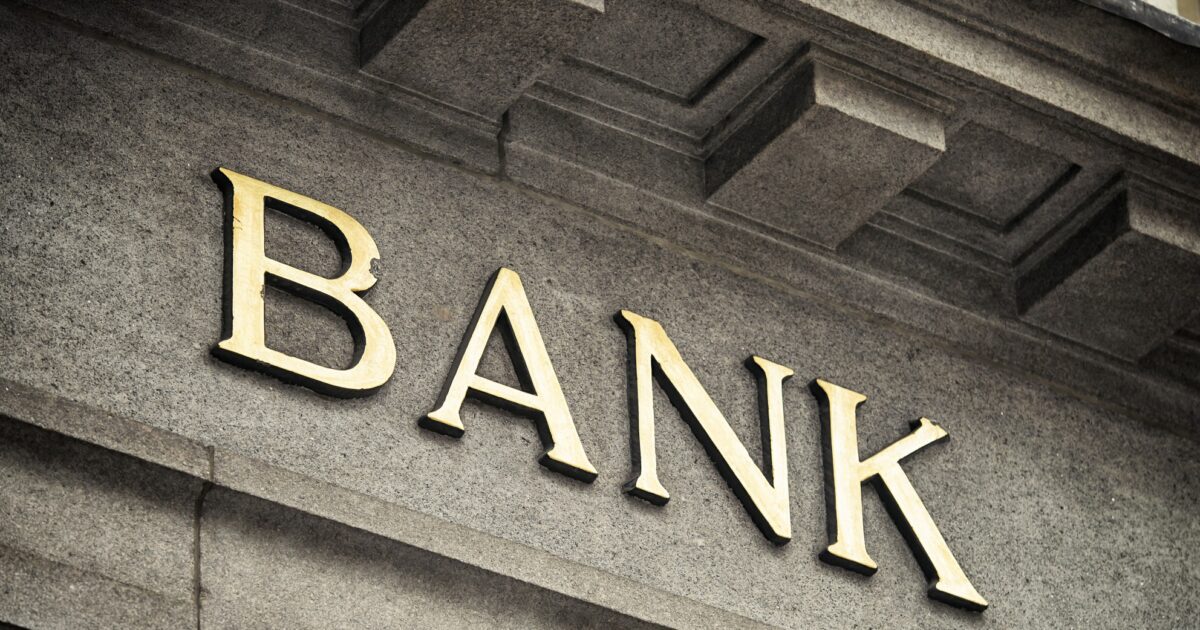Among the big winners of the upgrading of the Greek economy from their rating agencies credit rating, with last S&P, will be the Greek banks and their assets.
Banks have a significant liquidity that is reinforced, among other things by the upgrades of the evaluation agencies, giving more rooms for more loans to businesses and individuals. Upgrades from the rating agencies have lifted an obstacle that prevents capital administrators from holding Greek banks in their portfolios.
For banks, upgrades are translated into improved funding conditions, interest rate cost savings in future Mrel (demand for equity and eligible liabilities) and improving the quality of their securities portfolios, which consist mainly of Greek bond titles.
Also in the long run, Greek banks will be more fortified in any financial crises, as their liquidity will be guaranteed due to their ECB bonds’ eligibility. Banks have lower funding costs and improved liquidity as they can borrow from the ECB with government bond guarantees valued at their true value.
Upgrading the public credit rating also upgrades the debt of banks, which can be borrowed at lower interest rates from the interbank market. Cheaper lending to banks means equally cheap loan for businesses and households.
Greek banks significantly cover their financial needs by issuing bonds on the international market. Most draw funds in favorable termsas early as 2023 and there is another tendency to reduce their interest rates in all versions in which they are moving forward. The reason is the recovery of the Greek economy that was followed by banks and then the ECB’s interest rate reductions.
Since April 2023 and the upgrade from S&P then, the interest rates on their high -profile bond priority have reduced, on average, about 440 basis points. The average efficiency for new high -profit priority bonds (Senior) has been reduced to 4.3%.
In the Investment Chart Indicators of Greek Banks Bonds
An important investment opportunity is identified by Barclays in Greek banks and especially in Senior Preferred bonds, as the ratings of rating agencies has made many of them eligible to international investment rates. At the same time, it emphasizes Greece’s powerful macroeconomic environment and the fundamental sizes of banks, while noting that Greek banks are less sensitive to tariff and geopolitical risks than other banks in Europe.
As Barclays points out, the underpinning of Greek banks’ bonds is in no way justified by the macroeconomic environment of Greece or the fundamental sizes of banks.
Barclays had pointed out last year that the big Greek banks are rising candidates for integration in investment rating indicators such as Bloomberg IG Index. Upgrading from S&P in January 2025 for National Bank and Eurobank from BB+ to BBB- It also brought the curves of their Senior Preferred counterparts to the Investment Grade Index, that is, all their securities have now joined the IG index.
Since, Moody’s followed S&P’s footsteps, with further upgrades of Greek systemic banks In March 2025, due to the upgrading of Greece’s credit rating to BAA3 and the investment level, from BA1 before. National and Eurobank were upgraded to BAA1 by BAA2as they were previously confined to the country’s credit rating.
Meantime, Alpha Bank and Piraeus Bank were upgraded by one grade from BAA3 to BAA2. Alpha Bank’s prospects were the only ones that remained positive due to the further expected improvements of individual fundamental elements.
Fitch upgraded National Bank and Eurobank to BBB- from BB+so these two banks have an investment grade ratings from the three largest rating houses.
BoG: Significant benefit of businesses from public and bank upgrades
The upgrades of the Greek and Greek banks, with the most recent Moody’s and DBRS, have greatly benefited Greek businesses issuing bonds, according to a report by the Bank of Greece (Note on the Greek Economy).
Bonds from large Greek companies were overflowed in 2024 in € 2.1 billion from EUR 600 million in 2023while their borrowing costs close to the eurozone businesses with BBB-(investment level).
The yields of Greek corporate bonds have increased significantly less than the eurozone’s respective yields of the eurozone (investment level). The yields of high -profile Greek banks’ bonds have increased somewhat lately, but those of other eurozone banks have increased significantly.
